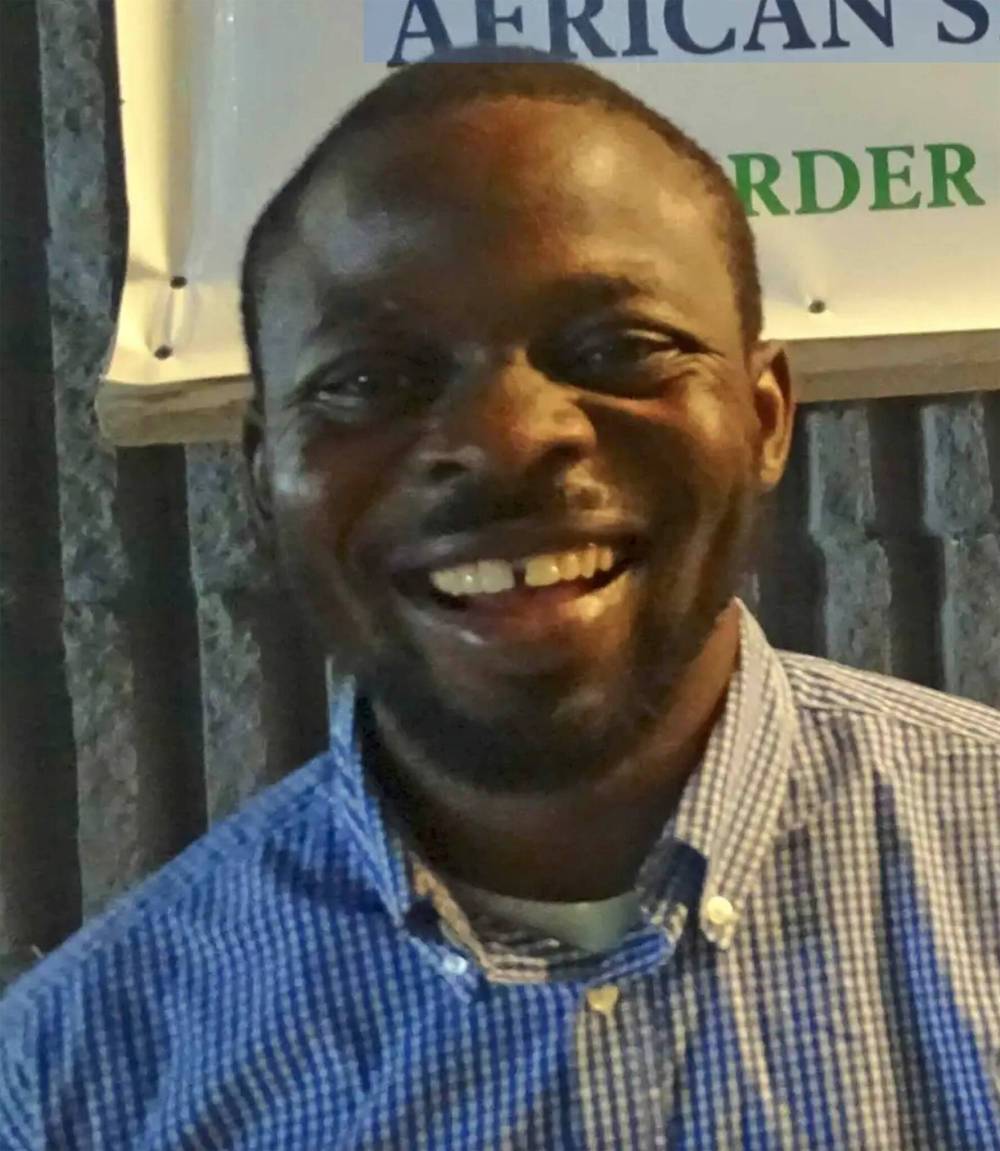Two years house arrest for fake immigration consultant Restaurant owner profited from illegally representing applicants, falsifying documents
Read this article for free:
or
Already have an account? Log in here »
To continue reading, please subscribe:
Monthly Digital Subscription
$0 for the first 4 weeks*
- Enjoy unlimited reading on winnipegfreepress.com
- Read the E-Edition, our digital replica newspaper
- Access News Break, our award-winning app
- Play interactive puzzles
*No charge for 4 weeks then price increases to the regular rate of $19.00 plus GST every four weeks. Offer available to new and qualified returning subscribers only. Cancel any time.
Monthly Digital Subscription
$4.75/week*
- Enjoy unlimited reading on winnipegfreepress.com
- Read the E-Edition, our digital replica newspaper
- Access News Break, our award-winning app
- Play interactive puzzles
*Billed as $19 plus GST every four weeks. Cancel any time.
To continue reading, please subscribe:
Add Free Press access to your Brandon Sun subscription for only an additional
$1 for the first 4 weeks*
*Your next subscription payment will increase by $1.00 and you will be charged $16.99 plus GST for four weeks. After four weeks, your payment will increase to $23.99 plus GST every four weeks.
Read unlimited articles for free today:
or
Already have an account? Log in here »
Hey there, time traveller!
This article was published 11/01/2023 (1061 days ago), so information in it may no longer be current.
A Winnipeg man who falsified bank records and other documents to help would-be immigrants secure entry to Canada has been sentenced to two years house arrest.
Chinenye Alozie, 35, pleaded guilty to acting as an unauthorized immigration consultant and misrepresenting or withholding facts on immigration applications, offences under the Immigration and Refugee Protection Act.
Court heard the offences involved Alozie’s dealings with more than 60 foreign nationals, most of them students, between 2014 and 2019.
Alozie came to the attention of the Canadian Border Services Agency in late 2018 following reports he had been advertising his services to foreign students online.

Alozie “is not a licensed immigration consultant, nor is he a lawyer,” Crown attorney Matthew Sinclair told provincial court Judge Stacy Cawley at a sentencing hearing Tuesday. “He is not entitled to represent people with respect to their applications.”
A look into Alozie’s bank records found deposits of $90,000 in 2016 and $120,000 in 2017 from people believed to be foreign nationals, Sinclair said. An investigation by Immigration, Refugees and Citizenship Canada found 52 deposits were from people applying to come to Canada as temporary students, workers or visitors.
Records provided to the border services agency showed Alozie used his personal credit cards to pay the government fees of 61 immigration applicants between 2014 and 2018.
A search of Alozie’s home in June 2019 uncovered evidence he aided 20 clients in producing false bank statements for their immigration applications and “assisted in coming up with fictitious storylines or personal histories to increase the likelihood of (their) application being approved,” Sinclair said.
Five of Alozie’s clients were allowed entry to Canada on the strength of their fraudulent immigration applications, Sinclair said.
Alozie, a Nigerian born father of four, owns a restaurant and earned a master’s degree in mechanical engineering at the University of Manitoba in 2015.
It was while at university that Alozie was contacted by several Winnipeg schools “and essentially asked to help recruit students to attend school in the city, said defence lawyer Marc Zurbuchen.
“I got caught up with a lot of pressure to make people succeed… and achieve their goals,” Alozie told court. “Initially, I was just helping my classmates, but when I successfully helped them, then they told their friends and their brothers and the pressure started to build up.”
“Initially, I was just helping my classmates, but when I successfully helped them, then they told their friends and their brothers and the pressure started to build up.”–Chinenye Alozie
Alozie’s sentence, which included a $29,000 fine, was jointly recommended by the Crown and defence. Cawley said the sentence was appropriate, but told Alozie it was important that he acknowledge his actions weren’t wholly altruistic.
“You were benefiting financially from this, it wasn’t just good intentions,” Cawley said. “What you did was motivated at least in part by greed.”
Alozie agreed that was so.
In Canada, consultants must be a member of the College of Immigration and Citizenship Consultants, which keeps an online registry of licensed professionals.
Fraud targeting newcomers is commonplace in the world of immigration services, said Bhagwant Batth, an immigration consultant with Kanwest Immigration Services in Winnipeg.
He has worked in the industry for more than 15 years and heard many horror stories from immigrants who’ve been taken advantage of, he said.
“I feel offended when I hear of people defrauding immigrants. It brings a bad name to our immigration community,” Batth said. “This kind of thing is very prevalent.”
Batth referred to fraudsters as “ghost consultants” — unscrupulous people who are not registered with the Immigration Consultants of Canada Regulatory Council.
“You were benefiting financially from this, it wasn’t just good intentions. What you did was motivated at least in part by greed.”–Provincial court Judge Stacy Cawley
They often prey on immigrants who may be unaware of the regulatory practices, offering deals to unsuspecting newcomers before stealing personal information or extorting victims for money. Most operate from outside the country, but there are still many ghost consultants in Canada, Batth said.
The best way to protect against fraud is by dealing with licensed consultants. The upfront cost is often more expensive, but the extra protection is worth the price, he said.
“I always tell people, go to somebody who is regulated under ICCRC because then there is at least some accountability… They have appointed officials to resolve complaints.”
— with files from Tyler Searle
dean.pritchard@freepress.mb.ca

Someone once said a journalist is just a reporter in a good suit. Dean Pritchard doesn’t own a good suit. But he knows a good lawsuit.
Our newsroom depends on a growing audience of readers to power our journalism. If you are not a paid reader, please consider becoming a subscriber.
Our newsroom depends on its audience of readers to power our journalism. Thank you for your support.







